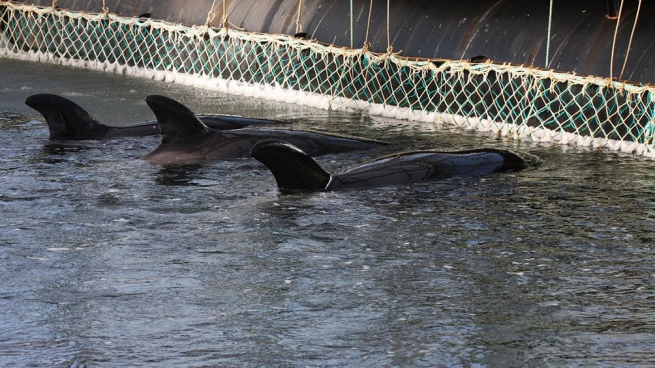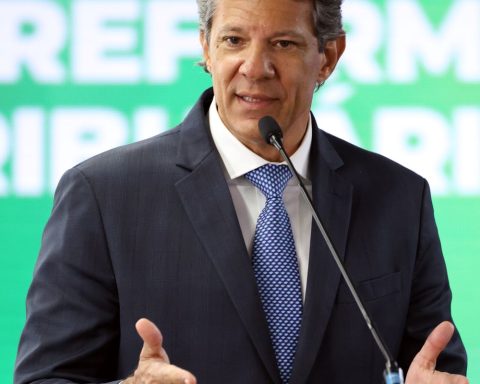The NGO Marine Animal Rights (DAM)which brings together more than 28 protectionist organizations, and the national senator of the Frente de Todos, Nora del Valle Gimenezwill present this Tuesday in the Senate of the Nation the “Kshamenk” bill, which seeks to ban shows with wild marine animals in captivity.
The bill, entered on July 6 last under file S-1577/2022, aims to prohibition and sanction, of shows with wild marine animalstheir exhibition and/or captivity without the purpose of rehabilitation and reinsertion or reintegration into their natural habitat.
The kshamenk law seeks to “put an end to shows with marine animals” and will be presented at the Arturo Illia Hall, located at Hipólito Yrigoyen 1849, at 5:00 p.m.
The agenda will deal with topics such as captivity, stereotypies/zoocosis, international laws, closed dolphinariums in the world, activism and orca and dolphin sanctuaries.
The speakers at the event, in addition to Senator Valle GimenezThe judge Elena Liberatorithe biologist Hector Ricardo Ferrarilawyer Mauritius Wheat, Jessica Steberman Y Jimena Szpaniermannof Change Org Argentina; Y Delilah Lewisof Activists of the Coast.
The project has more than 612,000 support signatures gathered through a campaign called “Stop Aquariums” (www.change.org/StopAquariums).
Details of the initiative
The law will adopt the definition of wildlife adopted in art. 3 of Law No. 22,421 of Wildlife Conservation which includes wild marine animals.
It is because of that seeks to prohibit the promotion, development, financing, organization, facilitation or performance of public or private shows with marine animals throughout the national territory.
In turn, it prohibits the captivity of the same except in cases where the animal requires to be recovered and rehabilitated for release in natural habitats or, in the event that this is objectively impossible or harmful to the individual, said captivity is the mere transit for its subsequent transfer to sanctuaries or reserves enabled and appropriate to their needs, interests and species.
On the World Day for the Protection of Nature, Tuesday 18, at 5:00 p.m., we present the Bill on the Prohibition of Shows with wild marine animals, in @SenateArgentinaNext to the #NGO Marine Animal Rights. ? YouTube Senate pic.twitter.com/1A6tqQMQ87
– Nora del Valle Giménez (@noragimenezok) October 17, 2022
Alsoprohibits display to the public and interaction and direct contact of any kind, whether for feeding or touching, between the public outside the establishments and captive or semi-captive animals.
The project also prevents the commercialization, import or export of genetic material from marine animals that are in captivity.
In the event that purposes of recovery, preservation or conservation of the respective species are alleged, the scientific, ethical and legal extremes that justify it must be accredited and it must be demonstrated that there is no other way to achieve protection or preservation.
Thus, if the provisions of this law are not complied with, monetary and criminal sanctions will be applied.
The “Stop Aquariums” initiative -deployed under the hashtag #StopAcuarios on social networks- was launched in 2015 by the NGO DAM to ask for the release of a male orca, Kshamenk, found in Mundo Marino, the largest oceanarium in the world. largest in Argentina, located in the city of San Clemente del Tuyú, district of La Costa, province of Buenos Aires.
The project is named after that orca that was “taken from its natural habitat, appropriated and kept in captivity, trained, used, exploited and exhibited in shows since 1992whose genetic material has also been extracted through invasive and cruel practices, being marketed and exported without any regulation in this regard,” details the NGO in the signature collection campaign.

















